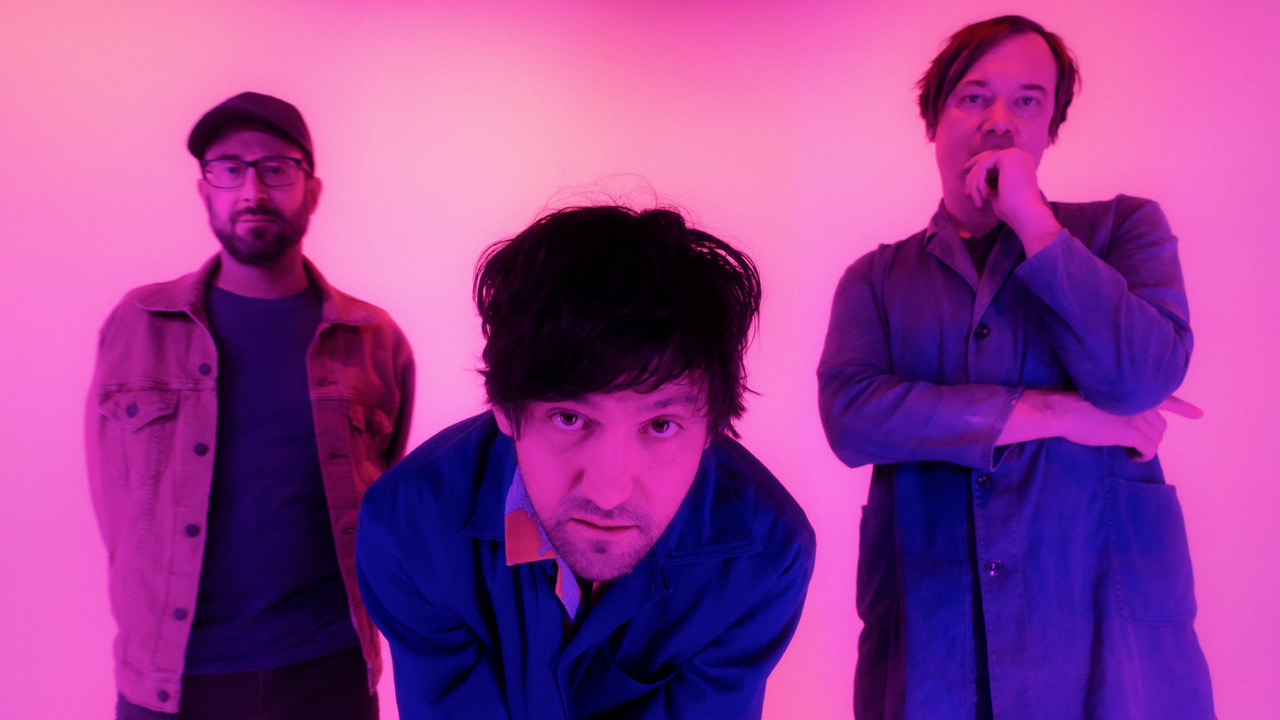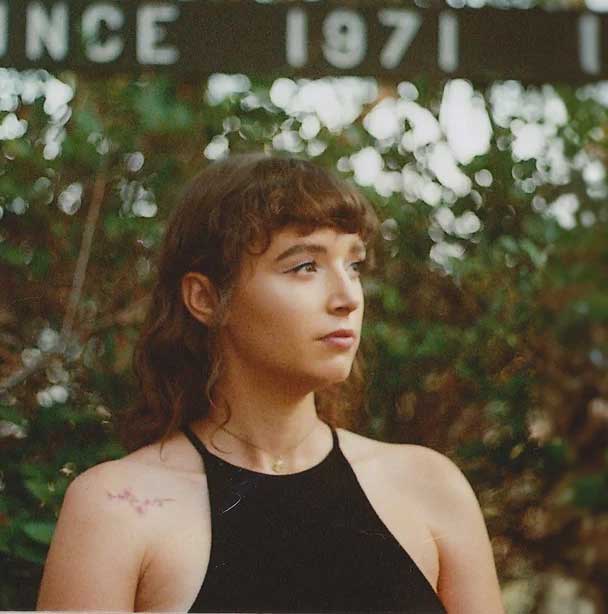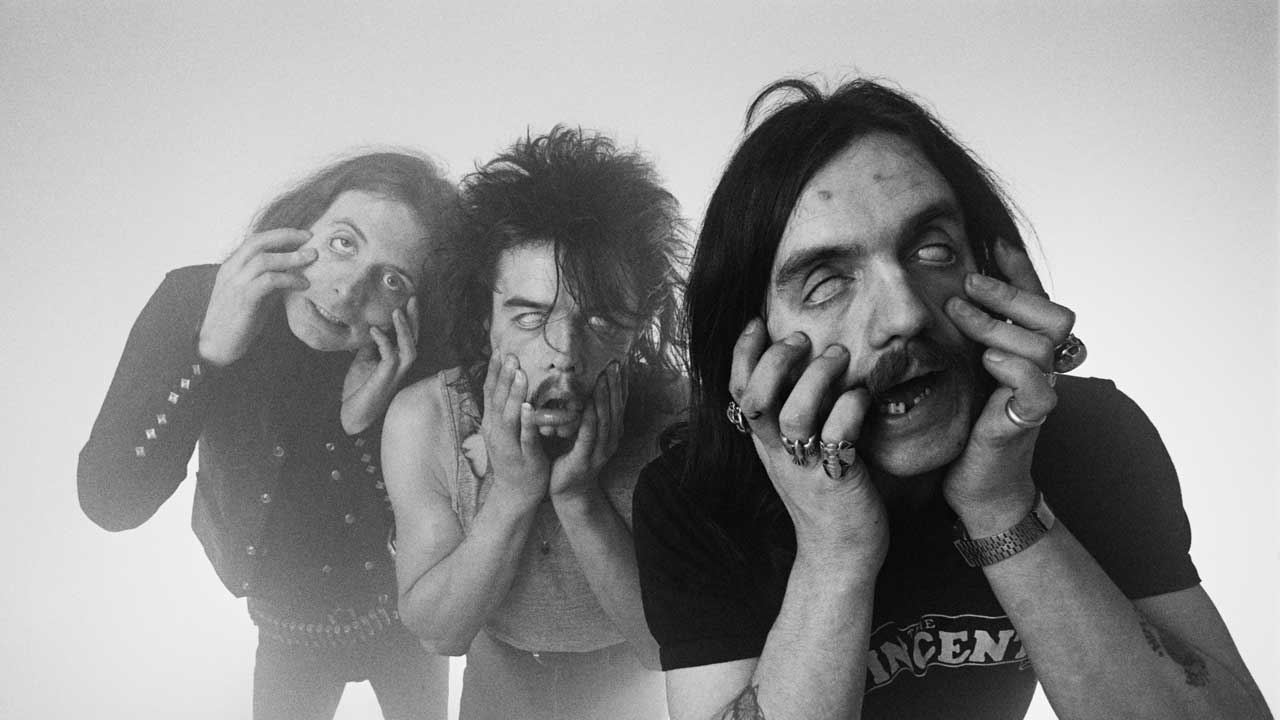Bright Eyes reunion: welcoming back the band who helped us survive the 2000s
With Bright Eyes, Conor Oberst helped a generation of teens make sense of the overwhelming world swirling around them as they came of age – as they announce their return, we look back at what made them so special to so many

Select the newsletters you’d like to receive. Then, add your email to sign up.
You are now subscribed
Your newsletter sign-up was successful
Want to add more newsletters?

Every Friday
Louder
Louder’s weekly newsletter is jam-packed with the team’s personal highlights from the last seven days, including features, breaking news, reviews and tons of juicy exclusives from the world of alternative music.

Every Friday
Classic Rock
The Classic Rock newsletter is an essential read for the discerning rock fan. Every week we bring you the news, reviews and the very best features and interviews from our extensive archive. Written by rock fans for rock fans.

Every Friday
Metal Hammer
For the last four decades Metal Hammer has been the world’s greatest metal magazine. Created by metalheads for metalheads, ‘Hammer takes you behind the scenes, closer to the action, and nearer to the bands that you love the most.

Every Friday
Prog
The Prog newsletter brings you the very best of Prog Magazine and our website, every Friday. We'll deliver you the very latest news from the Prog universe, informative features and archive material from Prog’s impressive vault.
Of all the bands returning in 2020, Bright Eyes somehow seemed the least likely. Since they went on hiatus in 2011, singer Conor Oberst has kept himself busy with projects including solo albums, punk band Desaparecidos, and most recently, the Better Oblivion Community Centre with singer Phoebe Bridgers. It seemed like maybe everyone had moved on – that their other projects were diverse enough to fulfil their creative desires.
After all, they put their time in. Oberst formed Bright Eyes as a solo project in 1995, aged just 15. His first album, A Collection Of Songs Written And Recorded 1995–1997, was recorded in his basement and released on Saddle Creek Records. Distinctly adolescent – but in hindsight also distinctly precocious – the album wasn't well-reviewed. But with the addition of Mike Mogis and later Nate Walcott, Bright Eyes were impressively prolific over the following several years, releasing nine studio albums, multiple EPs, and several collaboration albums. They refined their sound, gaining critical acclaim without losing what made them special, and continued until 2011.
That seemed to be it, until a week or so ago, when an Instagram under the handle @brighteyesofficial popped up, posting a colourful GIF with the hashtag brighteyes2020. As far as cryptic clues go, it isn’t that cryptic – but it did send fans into a flurry of wondering just what a comeback could entail.
We now know that it’s as complete as one can be: Bright Eyes are playing festivals, touring, and have even signed to indie label Dead Oceans to release the new music they’ve been working on quietly since 2019. While we don’t know yet what Bright Eyes 2020 will sound like, that’s half the fun: they’ve played with every genre, sound and feeling possible for almost three decades. Citing the reunion as “an escape from, and a confrontation of, trying times”, it’s clear that maybe Bright Eyes need us as much as we need them.
A photo posted by @brighteyesofficial on Jan 9, 2020 at 10:38am PST
Which brings me to the real reason why I never predicted a Bright Eyes comeback – I didn’t dare. My love of Bright Eyes is, as it is for many people, deeply personal. The excitement surrounding the comeback is no less obsessive than that around bands like My Chemical Romance, but it is quieter.
Bright Eyes has always been a solo affair. Trawling back through forums and LiveJournals from the mid-2000s feels eerily familiar, as fans evangelise about Oberst’s talent, his lyricism, his voice. They listen alone but post publicly, discussing the songs that they love, that make them cry, that they relate to. It’s impossible to be a casual listener of Bright Eyes; you’re out, or you’re entirely in. I would know – a fan since my early teens, I was immediately selfish in my obsession. I never even saw them live, because doing so would mean admitting that someone else in the world felt the way I did. While that neuroticism has somewhat waned – and I have now seen Conor Oberst live – I still find it hard to share Bright Eyes with someone else.
Recovery is never linear – I learned that all I had to do was stay alive
I’ve never managed to articulate what Bright Eyes mean to me, partly because I have nothing universal to share. They underpin every single day of my life, and listening to them feels familiar, like talking to an understanding friend who doesn’t need an explanation. I have a playlist on my Spotify account called “conor oberst”; a collection of my favourites across his massive, diverse ouvre, and it’s the first thing I turn to when I don’t know what to do. It’s seen me through moving away, through break ups, through deaths, and even through every single plane journey I’ve taken for five years. Oberst’s candour about pain, grief, and not always being your best self are reassuring.
The latest news, features and interviews direct to your inbox, from the global home of alternative music.
When I got into Bright Eyes as a teenager, my life was complicated due to a confluence of family and personal problems. Dealing with real life problems on top of melodramatic angst, I felt as if nobody could possibly understand the depths of my emotional wounds. But in Bright Eyes, I found understanding. Conor Oberst’s incisive, brutally specific lyrics cut directly to the heart of whatever I felt I was going through. Rarely referential or vague (although at times wholly fictional), his lyrics feel like truth. But while I was very lyric-focused, it was the delivery that felt most true. While Oberst and his bandmates are capable of very real musical craftsmanship, what appealed to me most was the raw energy. My favourite Bright Eyes songs were earlier ones where Oberst wailed his heart out, but even more polished songs feel as real.
Above all, Oberst managed to capture a particular malaise that I had never before heard articulated. Ever since I was a child, the winter has made my depression metamorphosise into an absolute madness. My body clock logs off entirely, leaving me at the whim of my brain. Being unaware of what time it is isn’t conducive to healthy habits, and many winters have seen me falling into impulsive patterns I wouldn’t even consider the rest of the year.
It’s in the winter, no surprise, that I listen to Bright Eyes the most; Oberst’s lyrics about desolate, relentless Nebraska winters bring me some comfort that I am not entirely alone in my cold-induced madness: on If Winter Ends, he quite literally screams about the mundanity and hopelessness of the winter. 'I swear that I’m dying/slowly, but it’s happening', he cries, and for most of my winters, it’s brought me through; a reminder that I’m not alone, and that the perfect spring is always waiting somewhere.
We often think that we only really need music that “gets” us in our adolescence. When I was 20 years old, I found myself proven wrong. When my friend died in the summer, it was a sharp reminder that I needed Bright Eyes more than ever. Hit by a torrent of grief that I had never felt before, I listened to Easy/Lucky/Free, a beautiful, complicated song about grief and the freedom of death from electronic album Digital Ash In A Digital Urn. As I descended into the winter, still bereft, I got a bartending job and started to drink heavily. After I was assaulted in December, my behaviour only got worse, until I had had enough of punishing myself.
While listening to Bright Eyes had often been about indulging my pain, I now found myself turning to it for recovery. I listened to Hit The Switch, a song about recovery that explores all of the self-flagellating thoughts that come with it, but that ultimately ends in hope: 'And so I do what I do, and at least I exist/what could mean more than this?' Oberst sings. I couldn’t really bear to listen to anything but Bright Eyes, but I moved from agonising early work to later albums like Cassadaga that seemed to me to extol the virtues of surviving. In Oberst I saw someone who had overcome obstacles and who had worked hard to come slowly to terms with himself. Recovery is never linear, but I learned that all I had to do was stay alive.
That winter was only one of many hopeless periods where I’ve turned to Bright Eyes. The extremely isolating combination of grief, of being assaulted and of struggling with substance abuse meant that I felt unable to turn to anyone. While my friends did try to help me, I often just lied. I couldn’t articulate what I was going through, but hearing my pain iterated so precisely made me feel understood during the loneliest time of my life.
The story has a happy ending: I dragged myself out. I passed the degree I was failing, I started taking care of myself, I moved away, and I went to California. I partly have Bright Eyes to thank, and among their fans are thousands of stories like mine: of sadness, of desperation, and ultimately of hope. Their comeback might not invoke a mass hysteria, but it means a lot to people like me, who are just trying their best while at war with themselves.
Bright Eyes head out on tour in March. Find full dates below:
Mar 23: Tokyo Liquid Rooms, Japan
May 21: Los Angeles Palladium, CA
May 22: Los Angeles Palladium, CA
Jun 20: Queens Forest Hills Stadium, NY
Sep 3-6: Salisbury End of The Road Festival, UK
A photo posted by @brighteyesofficial on Jan 21, 2020 at 6:46am PST
Marianne Eloise is a contributing writer to Louder where she has interviewed everyone from Pete Wentz to Taylor Momsen. With over a decade of experience in both online and print journalism, she writes about music, disability and culture for The Cut, the Guardian, the New York Times and more. She is also the author of the essay collection Obsessive, Intrusive Magical Thinking and creator of the Emo Diary fanzine series.

